Gluten Free Skincare: are gluten free cosmetics, lotions, soaps, toiletries … really necessary? In some cases, yes.
You might be wondering if gluten free skincare is necessary and you wouldn’t be alone. In fact, it’s hard to get a straight answer about the need for gluten free skincare if you have celiac disease, gluten sensitivity or other autoimmune disease for which a gluten free diet is recommended.
For a long time, gluten free skincare was written off as a marketing ploy. Until a study by George Washington University researchers showed not only that gluten is an ingredient in many cosmetics and topical lotions (although they are rarely labeled as containing gluten – a problem), but also that using these products may actually exacerbate celiac disease.
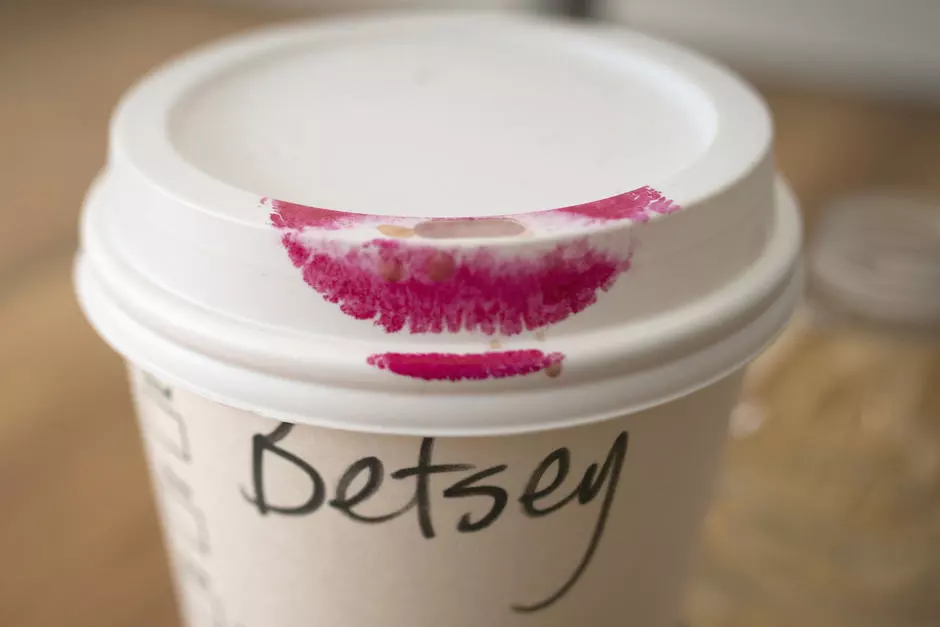
Wow – that is news, because up until now, most physicians had glossed over (pardon the pun) any effects gluten in topical products might have on the body of a celiac or someone with gluten sensitivity. These conclusions were considered preliminary until published in a peer-reviewed scientific journal.
What we do know for sure is that accidental and inadvertent exposure to gluten can definitely come from using gluten-containing lotions, lipsticks, or other products if the product is used around the mouth. It’s also wise to check the gluten free status of your dental products, like mouthwash and toothpaste (although it’s not commonly found) as well as products your dentist or orthodontist might use.

What do Doctors Say about Topical Gluten Exposure?
Typically, gastroenterologists only recommend that their celiac patients use gluten free products and cosmetics which come close to the eyes and mouth, like lipstick and even mascara because it can flake off. But most agree that celiacs don’t typically need to worry unduly about gluten in lotions and shampoos (although, of course, it is possible to get either of these in your mouth accidentally).
Additionally, celiacs with dermatitis herpetiformis and those who also suffer from gluten sensitivity may experience increased sensitization to gluten from cosmetics containing wheat and other gluten ingredients. Otherwise, however, the gluten molecule is too large to be absorbed through the skin.
Don’t overlook the possibility that you might be experiencing sensitivities to other ingredients (such as triclosan, parabens, and formaldehyde) in topical products completely apart from having celiac disease or gluten sensitivity. These reactions lead many to search out more “all-natural” — often overlapping with gluten free — skin care products.
Bottom line: if you experience any unpleasant symptoms when using a topical product, discontinue it. Common sense, whether your doctor tells you to or not.

Where is Gluten Found in Skincare
Unlike foods containing wheat, barley or rye, skincare containing gluten need not have wheat called out as an allergen, and often will not be labeled gluten-free, either.
It can be tricky to identify gluten in skincare, since it can be found in vitamin E (is sometimes derived from wheat germ) and is also found in other ingredients including such unusual names as sativa extract, secale cereale, avena, triticum vulgare, and hordeum vulgare. To be safe, avoid those, as well as any ingredients listed as oats, barley, wheat or extracts of any of those.
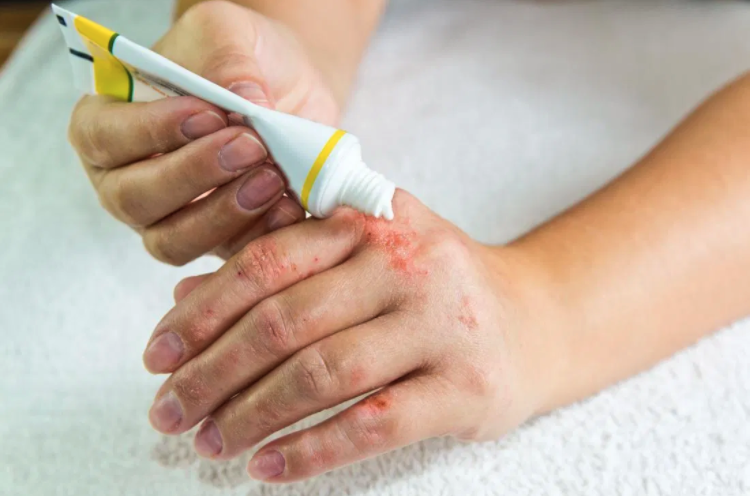
Another recently recognized risk for celiacs is posed when the skin barrier is compromised in some way.
There’s one more thing, though. If the healthy skin barrier — the body’s largest organ — is breached, by lesions or even eczema, researchers now recognize that in the case of those with celiac disease, such areas of broken skin may allow gluten proteins to penetrate into the bloodstream and fire up the body’s immune response.

In my interview on the subject with Dr. Alessio Fasano, Director of the Center for Celiac Research and Treatment and Director of the Mucosal Immunology and Biology Research Center at Massachusetts General Hospital, Fasano indicated that this risk has been recognized only recently:
The general agreement is that in order to have the ‘proper’ immune response to gluten that leads to celiac disease, exposure to gluten has to be through the gastrointestinal tract. However, there is some evidence in the literature that when there is a break in the skin, with the subsequent increased absorption of gluten applied directly to the affected area, gluten may indeed reach the bloodstream and boost an immune response similar to the one created when gluten is ingested orally.
Regarding the difference between celiac disease and non-celiac gluten sensitivity to topical gluten, I don’t think we have strong, robust data yet for the non-celiac gluten sensitivity population.
If there is no skin damage, topical gluten supposedly does not gain access to the bloodstream and trigger an immune response. This is due to the complexity of our skin as an extremely effective barrier characterized by seven different layers of cells that make passage of macromolecules of anything, including gluten, difficult under any circumstances.”
Dr. Daniel Leffler, director of clinical research for the Celiac Center at Beth Israel Deaconess Medical Center in Boston also acknowledged this finding in article in Allergic Living Magazine. He noted that “There is infinite variability in human disease, too – perhaps other conditions that share similar pathways to celiac disease. ‘We diagnose people all the time with conditions that don’t have a name or a reason but that doesn’t stop us from prescribing a reasonable treatment for it,’ he continues. ‘That is the bottom line.’”(For more on this investigation and the medical response, read this Allergic Living article).
Whether product reactions could come due to celiac disease, gluten sensitivity, wheat allergy or another sensitivity, the real problem all of us gluten-free’ers face is that there is little to no ingredient labeling on cosmetics and other topical lotions and soaps.
The George Washington University study authors investigated 10 leading cosmetic companies in the US, and found that only two offered detailed ingredient information, and even those did not indicate whether their products contained gluten.
>>Some household cleaners may contain gluten as well<<
If you would like to avoid gluten in your cosmetics and skin care products — for whatever reason — these are the main ingredients to watch out for: wheat (and all its derivatives), barley, malt, rye, oat, triticum vulgare, hordeum vulgare, secale cereale and avena sativa.
Interested in gluten-free skincare?
Here are some of my personal favorites, in no particular order*:
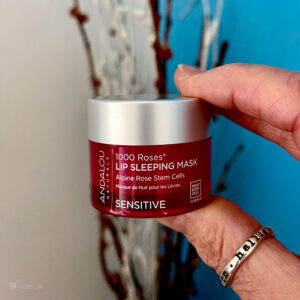 I love so many of their products (they’re all gluten-free!), but one of my particular favorites is their new 1000 Roses Lip Sleeping Mask.
I love so many of their products (they’re all gluten-free!), but one of my particular favorites is their new 1000 Roses Lip Sleeping Mask.
Vegan, cruelty-free and of course gluten-free, this replenishing lip mask is full of 98% plant-derived hydration. I use it at night and it prevents chapping and helps keeps my lips hydrated all night long. I also love to use it during the day as a clear lip gloss. It’s touted as a line filler and wrinkle smoother, too … bonus!
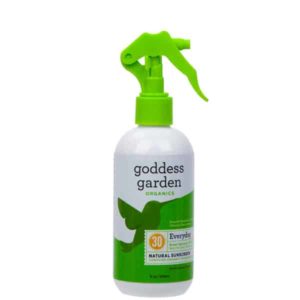 Goddess Garden Organics natural sunscreens & lipbalms: certified-organic natural-mineral sunscreen created by a mom for her daughter. The line is free from oxybenzone, parabens and synthetic fragrances. Many use essential oils. From their website: “Our sunscreens do not contain gluten or wheat-derived products. The xanthan gum we use in our sunscreens is fermented from wheat or soy, but our supplier has also tested for both of those specific allergens and none remain after processing. However, we are not a gluten-free facility. For those with a gluten sensitivity (or any allergy or sensitivity), we recommend trying our sunscreen on the inside of your elbow 24 hours prior to use to make sure it works for you.”
Goddess Garden Organics natural sunscreens & lipbalms: certified-organic natural-mineral sunscreen created by a mom for her daughter. The line is free from oxybenzone, parabens and synthetic fragrances. Many use essential oils. From their website: “Our sunscreens do not contain gluten or wheat-derived products. The xanthan gum we use in our sunscreens is fermented from wheat or soy, but our supplier has also tested for both of those specific allergens and none remain after processing. However, we are not a gluten-free facility. For those with a gluten sensitivity (or any allergy or sensitivity), we recommend trying our sunscreen on the inside of your elbow 24 hours prior to use to make sure it works for you.”
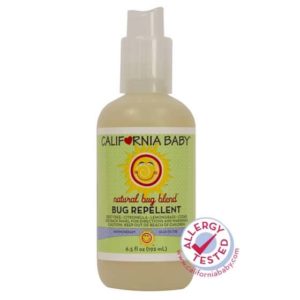 California Baby + Kids® – I’ve been using this line of products since my kids were little and I still love them! Their bug repellant and sunscreens are ever-present at our house, but they also make diaper rash creams, shampoos and body wash, super sensitive bubble bath and more. The citronella-lemongrass-essential oil bug repellant is deet-free and it works while smelling like heaven. Their sunscreens are repeatedly praised by the EWG in their annual reports, and all their products are tested to suit the most sensitive of allergic skin types. Their line of gluten-free eczema lotions is made with certified organic, gluten-free oatmeal. From their website: “California Baby products are free of common allergens such as gluten, milk/casein, egg, peanut, walnut, cashew, almond and pecans, fish, shellfish, soy, and wheat.”
California Baby + Kids® – I’ve been using this line of products since my kids were little and I still love them! Their bug repellant and sunscreens are ever-present at our house, but they also make diaper rash creams, shampoos and body wash, super sensitive bubble bath and more. The citronella-lemongrass-essential oil bug repellant is deet-free and it works while smelling like heaven. Their sunscreens are repeatedly praised by the EWG in their annual reports, and all their products are tested to suit the most sensitive of allergic skin types. Their line of gluten-free eczema lotions is made with certified organic, gluten-free oatmeal. From their website: “California Baby products are free of common allergens such as gluten, milk/casein, egg, peanut, walnut, cashew, almond and pecans, fish, shellfish, soy, and wheat.”
Deep Steep®: I discovered this brand at Natural Products Expo and I’m in love! Cruelty-free and their claim to fame: “No Parabens * No Sodium Lauryl Sulfate * No Mineral Oil * No Artificial Fragrances * No Chemical Preservatives *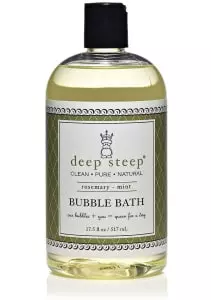 Gluten Free * Not Tested On Animals * Vegan” It’s an all natural luxury bath & body care products company that offers everything from hand soap to foot scrub and every shampoo, lotion and body spritz in between.
Gluten Free * Not Tested On Animals * Vegan” It’s an all natural luxury bath & body care products company that offers everything from hand soap to foot scrub and every shampoo, lotion and body spritz in between.
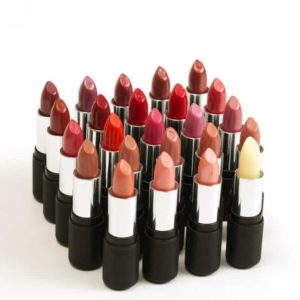 Red Apple Lipstick®: All Red Apple Lipstick products are certified gluten free, paraben free, soy free, dairy free and allergen free. They are also also vegan, natural and cruelty free. Oh, and they look so amazing on: “Cabernet Kiss” lipgloss is my favorite – I highly recommend it!
Red Apple Lipstick®: All Red Apple Lipstick products are certified gluten free, paraben free, soy free, dairy free and allergen free. They are also also vegan, natural and cruelty free. Oh, and they look so amazing on: “Cabernet Kiss” lipgloss is my favorite – I highly recommend it!
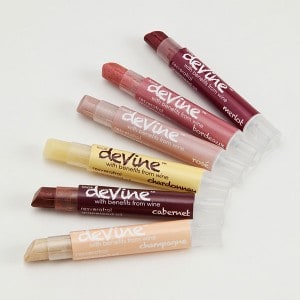 DeVine™ Lip Shimmers – These girls make some fun lip gloss, and it’s not only natural and yummy tasting, it’s also packed with antioxidants! Their glosses come in everything from Vanilla to their trademark wine flavors: Champagne, Merlot, Bordeaux and Rosé complete with “tasting notes” on the site! And I see a new product I might have to try since I sampled my first lip shimmer: Rush High Powered Lip Balm with caffeine and B vitamins. Hard to tell what lips pumped up with caffeine might say or do, but it could be fun to try!
DeVine™ Lip Shimmers – These girls make some fun lip gloss, and it’s not only natural and yummy tasting, it’s also packed with antioxidants! Their glosses come in everything from Vanilla to their trademark wine flavors: Champagne, Merlot, Bordeaux and Rosé complete with “tasting notes” on the site! And I see a new product I might have to try since I sampled my first lip shimmer: Rush High Powered Lip Balm with caffeine and B vitamins. Hard to tell what lips pumped up with caffeine might say or do, but it could be fun to try!
While not certified gluten-free, the company states that “We do not use any known ingredients that are sourced from wheat, but we do not test for gluten in raw materials.” Their vitamin E is sunflower derived.
I particularly like their lip sunscreen products, but I also like several of their vegan lip tints.
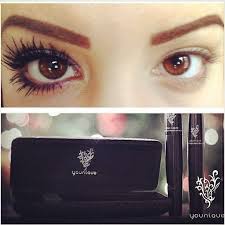 Younique Makeup: These wildly popular 3D fiber mascaras (my favorite!) and GF lip glosses are just the beginning of their beautiful product line made without gluten. You can only purchase through an on-line contact, not in stores.
Younique Makeup: These wildly popular 3D fiber mascaras (my favorite!) and GF lip glosses are just the beginning of their beautiful product line made without gluten. You can only purchase through an on-line contact, not in stores.
Gabriel Cosmetics and ZuZu Luxe products are certified gluten free and oh-so glam. All natural, made of herbs, botanicals, vitamins, minerals and sophisticated colors, each line has unique palettes and features, but both are gluten free and vegan.
 Afterglow™ Cosmetics: Certified gluten-free and cruelty-free, this cosmetic line is also organic. Their under-eye concealer is my favorite — it actually reduces puffiness and offers anti-aging properties from white tea extract. Who doesn’t want all that?
Afterglow™ Cosmetics: Certified gluten-free and cruelty-free, this cosmetic line is also organic. Their under-eye concealer is my favorite — it actually reduces puffiness and offers anti-aging properties from white tea extract. Who doesn’t want all that?

Juice Beauty® – Organic and certified gluten-free, this full line of skin care and makeup offers everything from anti-aging moisturizers to natural blemish treatments. Products are blended with organic botanical juices (aloe, jojoba, grape seed, shea, infused with citrus juices) and some add age defying or blemish clearing ingredients. I love their Stem Cellular™ line of anti-wrinkle skin care – it’s rich and creamy and doesn’t leave my skin feeling oily at all.
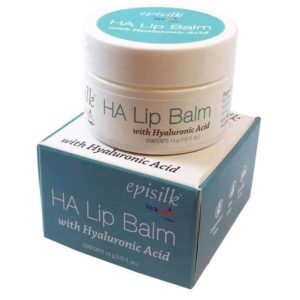 Hyalogic® – Offering everything from cleanser to orange stem cell face serum, bug repellants, bath soaks, lip balms and even supplements, Hyalogic® is the company to go to gluten-free, cruelty-free, paraben-free, dye-free, fragrance-free products with the benefits of Hyaluronic Acid. This substance is produced in the body to bind water and to lubricate movable parts of the body as well as tissue like skin, so these products are designed to promote and retain moisture. I particularly love their Lip Balm, pictured right.
Hyalogic® – Offering everything from cleanser to orange stem cell face serum, bug repellants, bath soaks, lip balms and even supplements, Hyalogic® is the company to go to gluten-free, cruelty-free, paraben-free, dye-free, fragrance-free products with the benefits of Hyaluronic Acid. This substance is produced in the body to bind water and to lubricate movable parts of the body as well as tissue like skin, so these products are designed to promote and retain moisture. I particularly love their Lip Balm, pictured right.
SeneGence® International – This line is gluten-free, animal product free, and almost all products are non-GMO. The lip products in particular are wonderful if you have dry lips and contain no wax or lead. They also come in a wide assortment of shades and claim to be “kiss proof” waterproof products that last for hours — nice benefit! They also offer an entire skin care product line which touts many impressive anti-aging benefits.
Crunchi™ This collection of cosmetics for face, eyes and lips are all certified organic and ECOcertified. They are also gluten-free and vegan, made without toxins and cruelty-free. The company was started by two women looking to detoxify makeup for all.
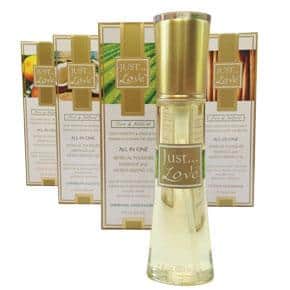 Just Love Massage Oils – Organic massage and moisturizing oils are so much more than traditional massage or lubricating oil for the bath or bedroom: they’re also totally gluten-free and totally edible, so you can even use them in the kitchen as a dressing on salads, fruits, vegetables and meats! They also do triple time as a makeup remover, a facial cleanser, facial moisturizer, anti-wrinkle serum, feminine cleanser, vaginal moisturizer, hair conditioner, shave oil and after shower body oil. Naturally gluten-free and moisturizing, these oils also help to soothe dry skin. Comes in appealing flavors like Ceylon Cinnamon and Sicilian Citrus or unscented.
Just Love Massage Oils – Organic massage and moisturizing oils are so much more than traditional massage or lubricating oil for the bath or bedroom: they’re also totally gluten-free and totally edible, so you can even use them in the kitchen as a dressing on salads, fruits, vegetables and meats! They also do triple time as a makeup remover, a facial cleanser, facial moisturizer, anti-wrinkle serum, feminine cleanser, vaginal moisturizer, hair conditioner, shave oil and after shower body oil. Naturally gluten-free and moisturizing, these oils also help to soothe dry skin. Comes in appealing flavors like Ceylon Cinnamon and Sicilian Citrus or unscented.
Arbonne, Mineral Fusion & MaryKay® also offer high quality, gluten free skin care and cosmetics.
Do you have a favorite gluten free skincare brand? Please add it to the comments below!
*In some cases some companies have provided me with free products to review; in other cases, I have purchased the products myself. In all cases, these opinions are my own and I was not paid to provide positive reviews. Read my disclosure policy here.


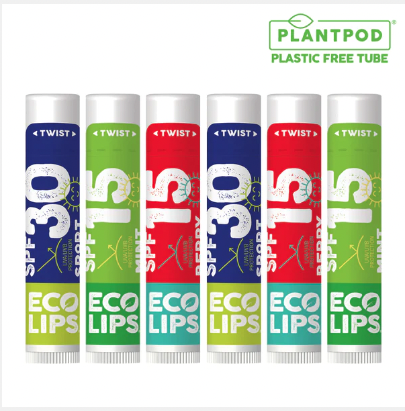

















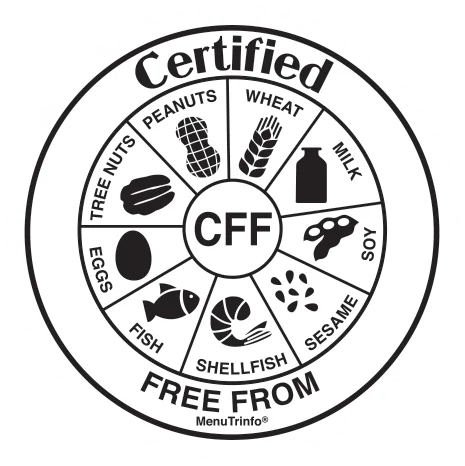
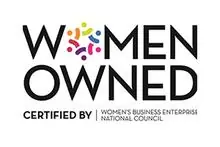
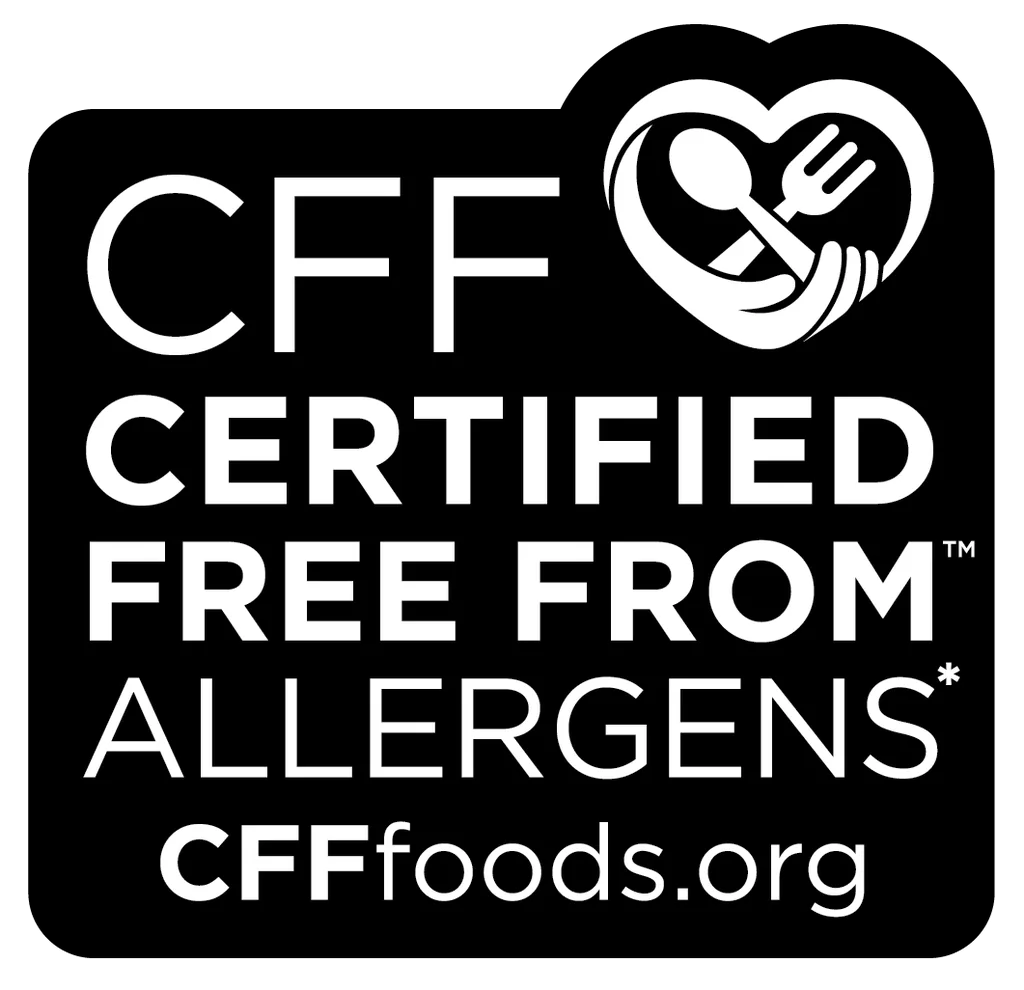
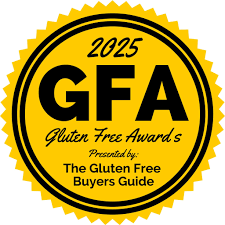

I love the new company I am working with called Theorem haircare. A team of all female scientists developed products that are gluten free, vegan, sulphate free and animal cruelty free (and made in the 🇺🇸).
These products are great for all types of hair and safe foe kids!
Barb.theoremmethod.com
Thanks for sharing about this gluten free company, Barb!
~jules
L’BRI PURE N’ NATURAL is gluten free, though not certified. Only the facial peel contains oats and, therefore, not considered gluten free. All skincare is aloe based. I love it so much that I became a consultant. I’m celiac and have no issues using the products. There are products for all ages and cosmetics and household products. Beyond the gluten free, people should be looking at all ingredients and consider what they want to be using.
Thanks for adding this company to the list!
~jules
Email from OGX 12-30-2020:
Thanks for contacting us! While we don’t have a listing of gluten-free shampoos, some of our lines contain or could potentially contain wheat and/or Hydrolyzed Wheat Protein (Gluten):
OGX O2 Shampoo
OGX O2 Conditioner
OGX Thick & Full Biotin & Collagen Shampoo
OGX Thick & Full Biotin & Collagen Conditioner
OGX Thick & Full Biotin & Collagen Dry Shampoo
OGX Bonding Plex Shampoo
OGX Bonding Plex Conditioner
OGX Sake Essence Shampoo
OGX Sake Essence Conditioner
OGX Sake Essence Elixir
OGX Bamboo Fiber-full Thickening Root Booster.
TeaTree Mint Extra Strength Scalp Treatment
Bamboo Fiber Full Big Hair Spray
Honey Hold Mega Hair Spray
Pomegranate & Ginger Scalp Toner
While we strive to keep ingredient lists as accurate as possible, we cannot guarantee that these lists are complete, reliable, and up-to-date. Please refer to the ingredients list on the product packaging for the most accurate list of ingredients.
We hope this helps!
Thanks for sharing the feedback from the company, Leah!
Email from it’s a 10 hair care :
Hi Leah,
Thanks for reaching out! Most of our products are gluten-free. The only products that are not are:
Miracle Hair Mask
Miracle Moisture Daily Shampoo
Miracle Daily Conditioner
Miracle Blow Dry Volumizer
Silk Express Smoothing Balm
Miracle Superhold Finishing Spray Plus Keratin
Thanks, Leah! It’s always good to go straight to the source!
Red Apple Lipstick makes a line of gluten free cosmetics. All are also vegan and many are nut free. Love them.
LOVE Red Apple brands – I review them in this post. They really are high quality and were one of the first to market with a gluten free cosmetic line.
~jules
I was really looking for some gluten-free products. I need this one and can you tell me how can I order them.
Thanks for sharing this with us.
Thank soooo much for posting this article and validating what I’ve been saying (as a celiac) for years! I just had a “skincare professional” tell me today that it’s been proven gluten can’t affect skin. Knowing this to be true from my own personal experience, I was quick to school her. I really hope awareness about this continues to increase!
Glad it was helpful to you, Melissa. Maybe share this article with her? I really reject anyone who can outright declare something like that as an absolute truth. Every body is different and professionals have to allow for individual sensitivities, at the very least.
~jules
I use all natural products from LexiNaturals.com
I could make them myself, but I like her formulas/mix ratio. My body can’t tolerate most of the ingredients in store bought topical products. I use her lotion for my face, including lips, and sometimes just use organic coconut oil if my face doesn’t need much moisturizing. I’ve been using all her products for a year, including deoderant, and I am amazed at how such basic items work so well!
I use soap from simplysoap.com to wash my whole body, including face and hair, plus any clothes I hand wash. I use the plain unscented soap to wash our dishes.
Both of these ladies list ingredients of their products on their websites. If you have a question, they’ll happily answer to the best of their knowledge.
I have switched to gluten free shampoo because I develop sores on my head if I use regular shampoo. I didn’t have an issue with this until I was diagnosed with celiacs disease in 2011. I haven’t switched to a gluten free body wash yet but after hearing about your skin clearing up maybe that would help my acne issue. Thanks for the information and for looking out for those of us that suffer from celiacs disease as well.